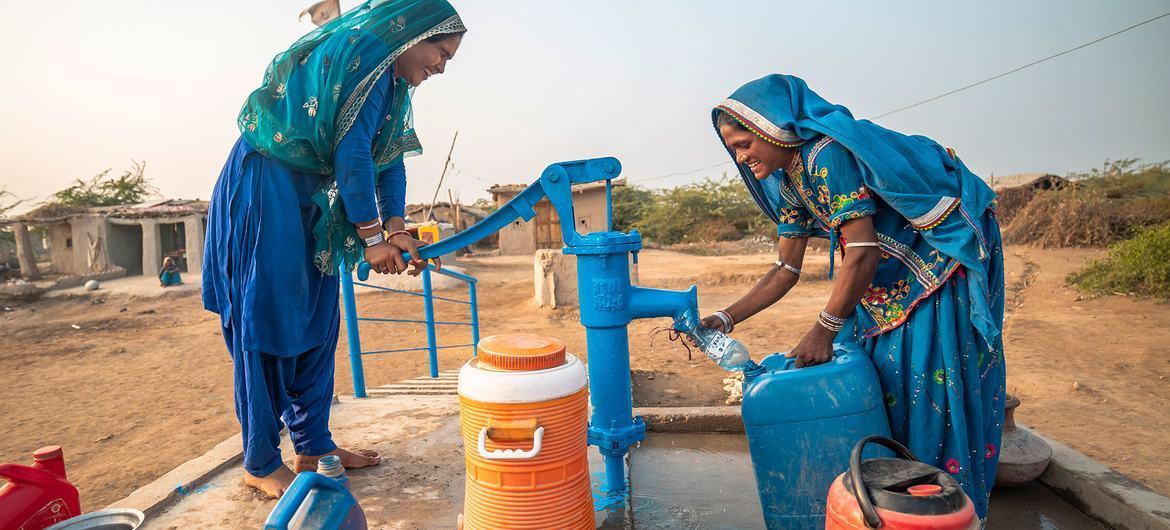Africa-Press – Ethiopia. Despite progress over the last decade, billions of people around the world still lack access to essential water, sanitation, and hygiene services, putting them at risk of disease and deeper social exclusion, according to a new report released by the United Nations.
The report from the World Health Organization (WHO) and the children’s agency (UNICEF), issued as World Water Week gets underway, highlights persistent gaps in access, with vulnerable communities facing the greatest disparities.
The report published under the theme “Progress on Household Drinking Water and Sanitation 2000–2024: special focus on inequalities,” revealed that, while some progress has been made, major gaps persist. People living in low-income countries, fragile contexts, rural communities, children, and minority ethnic and indigenous groups face the greatest disparities.
Despite gains since 2015, 1 in 4 – or 2.1 billion people globally – still lack access to safely managed drinking water, including 106 million who drink directly from untreated surface sources.
“Water, sanitation, and hygiene are not privileges; they are basic human rights,” said Ruediger Krech, Director of WHO’s Environment, Climate Change and Health Department.
The report finds that people in least developed countries are more than twice as likely as people in other countries to lack basic drinking water and sanitation services, and over three times as likely to go without basic hygiene.
“These inequalities are especially stark for girls who often bear the burden of water collection and face additional barriers during menstruation,” said Cecilia Scharp, UNICEF’s head of water, sanitation, and hygiene services.
Data from 70 countries reveal that while most women and adolescent girls have menstrual materials and a private place to change, many still lack sufficient supplies to manage their needs safely and with dignity.
Some 1.7 billion people still lack basic hygiene services at home, including 611 million with no facilities at all.
“We must accelerate action, especially for the most marginalised communities, if we are to keep our promise to reach the Sustainable Development Goals,” said Krech.
“At the current pace, the promise of safe water and sanitation for every child is slipping further from reach – reminding us that we must act faster and more boldly to reach those who need it most,” said Scharp.
For More News And Analysis About Ethiopia Follow Africa-Press






